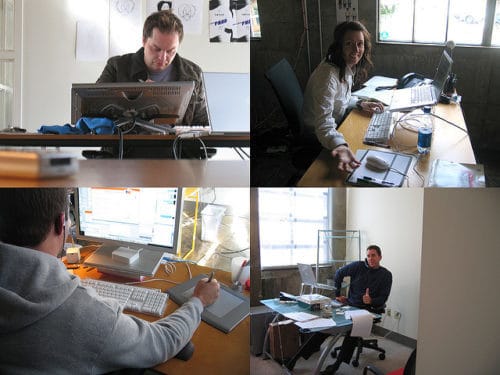With each and every new generation comes a new or revised set of wants, needs and desires of students growing within the time frame. Their perspectives on life and careers can sometimes diverge away from the ideas of the previous generations, and those differences are reflected in the workplace.
As 2017 flickers on the horizon, another round of college students will be graduating and entering the workforce across the country. However, this time the millennial generation, which was born between 1980 and 1995, and an emerging post-millennial pool born between 1995 and 2010, undoubtedly will change the dynamic of the workplace forever.
Millennial students as a whole have gone through unique experiences and developed advanced technological skills unheard of by their predecessors. They are witnesses to the financial hardships of the Great Recession, creators of the vast and ever-changing technological landscape and active members of the social media phenomena. However, while both generations grew up through similar transitions—the post-millennials have their own unique characteristics.
Today, post-millennials account for a majority of the undergraduate student population. They can communicate and obtain their information primarily through digital means and social network platforms. They are quick and concise with their communication, allowing them to deliver a meaningful message in 140 characters or less— and even through visual images like emoticons.
Snapchat stories, for example, can capture a day’s worth of photos before vanishing. In effect, some post-millennials have adopted a living-in-the-now kind of philosophy with live-streaming and the constant need to be up-to-date.
For many of these reasons, undergraduate post-millennials have captured the attention of businesses and recruiters alike. However, both entities should take an account of their unique work preferences. Forbes recently reported several post-millennials were looking for companies that allowed them to have flexible workloads. About 19.1 percent of respondents listed flexible schedules as their top preference, even more so than health care. In 2014, CNBC reported 28 percent of post-millennial students craved collaboration and mentorship from older peers, fulfilling careers and daily feedback over annual evaluations.
Although some post-millennials want companies to incorporate social media and more technology, CNBC reported 41.4 percent preferred in-person communication in their workplace to develop better co-worker relationships, with 60 percent hoping to work internationally as well.
Many students from past generations have brought their own individual talents, expertise and capabilities to the workforce. In a rapidly changing environment, companies and recruiters coming to Montclair State University should take into consideration the evolving needs of post-millennial graduates, like offering new technologies and promoting collaboration, flexibility and international programs. Failure to adapt can result in old businesses struggling to find graduates to fill the void.



